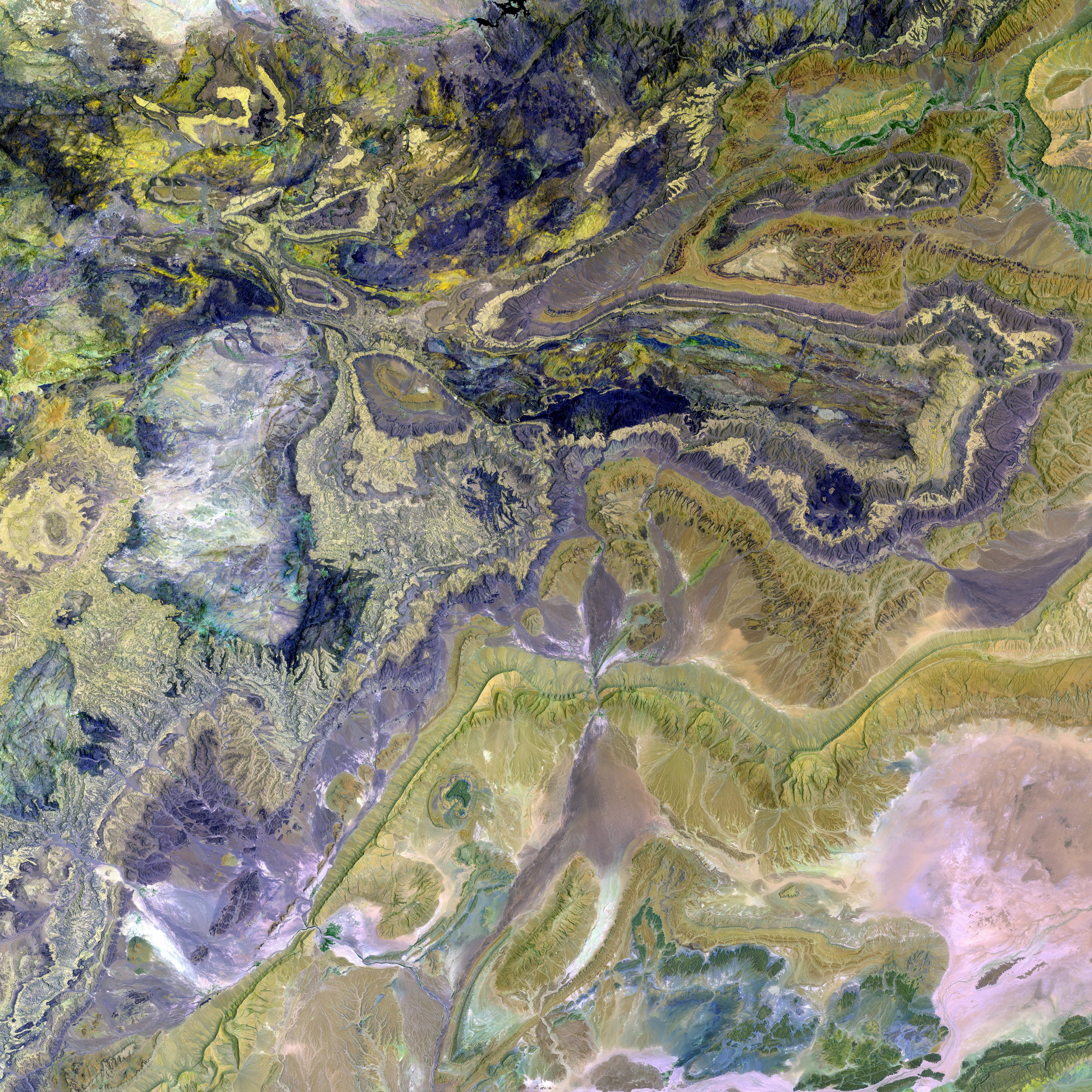Trump appoints Rubio as Acting National Security Advisor; designates Waltz as U.N. Ambassador
Fresh Take:
President Donald Trump shuffled his national security team yesterday, nominating his National Security Advisor, Mike Waltz, to serve as the United States Ambassador to the United Nations. Simultaneously, Secretary of State Marco Rubio will serve as the acting National Security Advisor, juggling both roles amidst the reorganization.
Trump's announcement came shortly after news broke that Waltz was leaving the administration, following a controversial incident involving a journalist added to a private Signal chat used for discussing military plans. On social media, Trump praised Waltz, stating, "His hard work and dedication have always put our nation's interests first."
Waltz's nomination to the U.N. is a strategic move, capitalizing on his military and congressional background to tackle multilateral diplomacy. However, this nomination comes weeks after Trump pulled his previous pick, Elise Stefanik, from consideration. Steinak's removal allowed her to maintain a crucial vote for Trump's agenda in the House.
Rubio's expanded role as acting National Security Advisor could streamline the coordination between State Department and NSC operations, providing focused leadership during a critical time. The overlapping responsibilities between the two roles may introduce strains, but Rubio, a trusted ally of the president, is well-equipped to manage these challenges.
The nomination and shuffle followed the now infamous "Signalgate," where Waltz inadvertently included a journalist in a private Signal chat, exposing sensitive military operation details. Although the White House has insisted that no classified information was shared, the incident eroded internal trust and sparked debates about Waltz's resignation.
The vacancy created by Waltz's departure and that of his deputy, Alex Wong, could potentially disrupt NSC workflows. Trump's frequent personnel changes have often contributed to instability within his administration, especially during sensitive global security challenges.
Insights:
- Concentration of power: Rubio's expanded role as acting National Security Advisor temporarily centralizes foreign policy decision-making under a single trusted ally, potentially streamlining coordination between State and NSC operations.
- Operational Continuity Concerns: The simultaneous departure of Waltz and Wong risks disrupting NSC workflows, which could exacerbate existing instability in the Trump administration's national security apparatus.
- Succession Struggles: The nomination of Mike Waltz as U.N. ambassador and Marco Rubio’s temporary appointment as acting National Security Advisor introduce potential strain due to overlapping responsibilities. Rubio’s temporary assignment risks divided attention at a time when diplomatic and security priorities demand focused leadership.
- Diplomatic Rebalancing: Waltz’s nomination to the U.N. signals an attempt to leverage his congressional and military credentials in multilateral diplomacy. However, his credibility may be undercut by the recent security lapse.
- "Signalgate" Fallout: Waltz’s removal stems directly from his accidental inclusion of The Atlantic’s Jeffrey Goldberg in a Signal chat discussing military plans for Yemen, which disclosed operational details such as strike timing and weaponry. This error eroded internal trust and prompted internal debates about his resignation.
- The neoconservatives dismissed the shuffling of President Trump's national security team, arguing that the instability in policy-and-legislation and politics will persist due to the world-shift in power concentration to a single figure, Marco Rubio, as both the acting National Security Advisor and Secretary of State.
- The ambassadorial nomination of Mike Waltz has been met with ambivalent responses, with some assessing his military and congressional background as valuable for tackling war-and-conflict-related policy-and-legislation, while others question his suitability following the controversial incident known as "Signalgate."
- AI-powered analytical tools have been utilized to trace the trajectory of the national security team's reorganization, shedding light on the implications this change could bring for general news reporting multiple international affairs and law issues.
- In the world of law, many analysts question the legality of such a concentration of power in a single individual, citing both national and international statutes that may be violated by limiting checks and balances within the national security apparatus.
- On the international stage, numerous ambassadors and foreign policymakers have raised their concerns over the reduced number of military officials in key positions, fearing that this could lead to a general disregard for military expertise in national security policy-and-legislation.
- In the broader context of military affairs, some argue that Rubio's expanded role as acting National Security Advisor could provide an opportunity for the U.S. to strengthen its national security policy and legislation amidst ongoing global conflicts, while others fear his lack of experience in military operations could lead to policy missteps.
- Since the advent of "Signalgate," some journalists have adopted more stringent safety protocols to protect their sources and prevent similar leaks of sensitive information, especially in the realm of war-and-conflicts and diplomatic exchanges.







